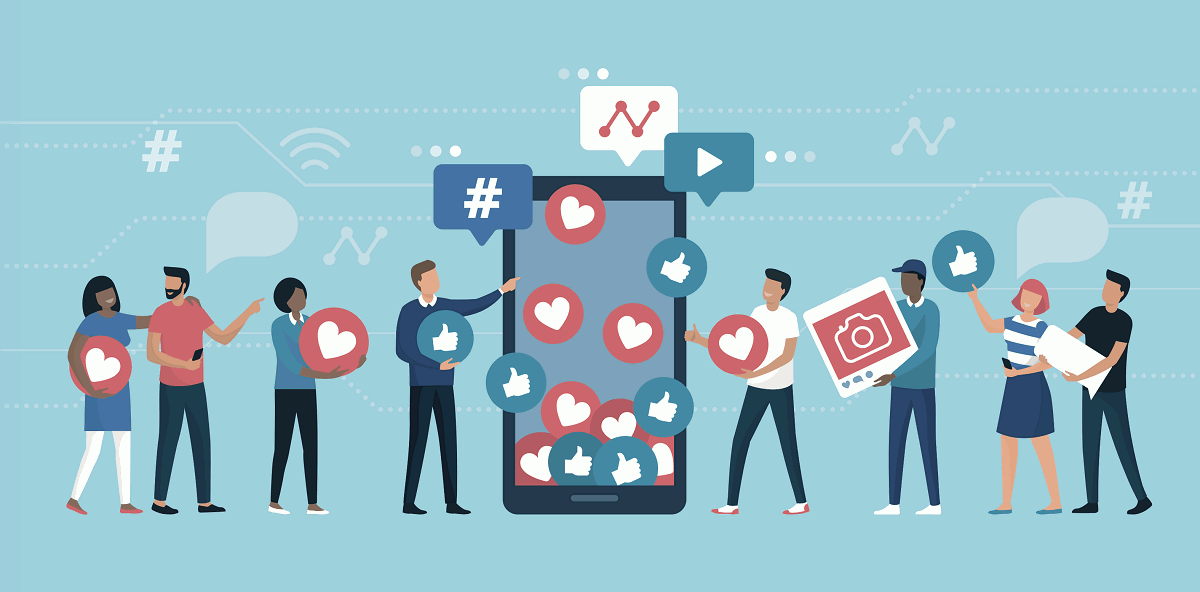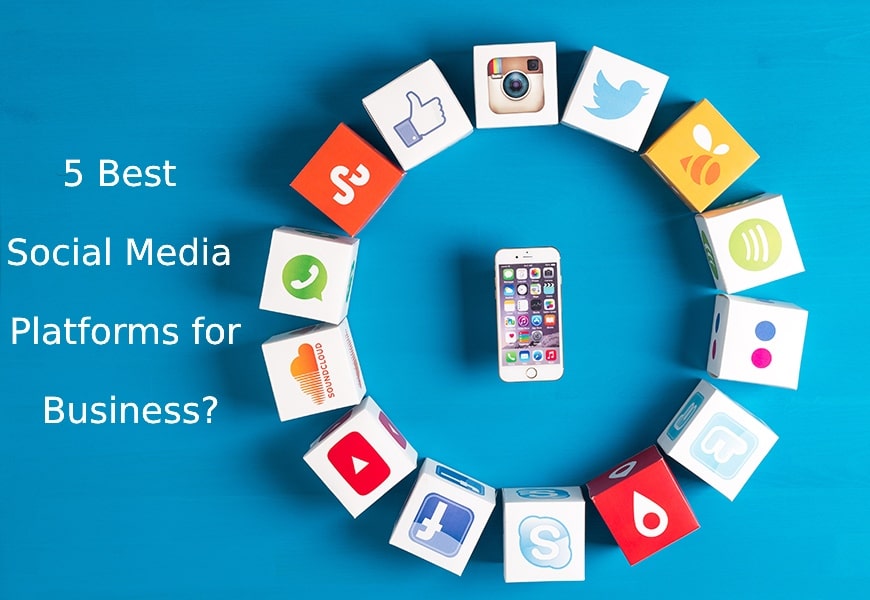Medical records are profitable for businesses and online criminals. Although you may have heard of data being purchased and sold, you probably didn’t consider that medical records could be considered data. In fact, they are. Organizations also trade medical data, just as how large firms buy and sell information like the websites you frequent.
In actuality, medical data is valued highly. What if this value might be used to your advantage? We now have the ability to generate NFTs from our medical information and profit from their exchange thanks to blockchain technology.
One doctor’s appointment could leave a trail of data that is shared with numerous entities. Imagine the large number of people receiving medical attention right now. That is a lot of details. It’s also valuable. Unfortunately, cyber criminals assert that medical data is 10 times more valuable than credit card information.
The ease with which this information can be obtained illegally and sold increases its worth. Hospitals and healthcare providers’ networks are among the simplest to breach, according to Jeff Horne, Vice President of the cybersecurity company Accuvant.
What Information Does This Contain?
Usually, the data doesn’t include any personal information like your name or other identifiers. but might also include your gender, age, and a partial zip code.
Data types offered for sale:
Information about prescriptions, longitudinal patient-level data (which follows a patient’s treatment over time), and test results.
The Best
A lot of this information is employed for good. There is so much good that can result from the examination of these records. Examples of typical uses for this data include:
- Epidemics can be predicted and/or prevented, and pharmaceutical companies can evaluate the best effects of medicine use.
- Researchers can learn the best forms of therapies for certain ailments.
The issue isn’t so much with how the data is used as it is with who is earning from it and whether the data’s genuine owners, the individuals, may share in the rewards if they so desire.
The Bad
Patients are unaware that this is taking place. Most people would likely respond “No, thank you” if asked if they consent to the sharing or sale of their medical information. And perhaps for that reason, they weren’t specifically informed (outside of small print documentation they signed without reading). It’s a big maybe, though. Perhaps they would provide their full agreement if certain criteria were met, such as knowing their name was kept private and realising the information was being used for good.
Security updates are required for the systems that store these records. Hackers routinely target these systems. Many hospitals struggle to set aside enough money to ensure strict system security since their finances are already tight.
According to Trusted SEC security expert Dave Kennedy The healthcare sector is becoming a much more attractive target as hackers find new ways to earn money because it is possible to sell vast quantities of personal data. Hospitals’ overworked and understaffed cyber security personnel make it quite simple for these hackers to obtain a sizable amount of personal data for medical fraud.
Furthermore, “Hospitals and clinics report a range of causes for the breaches, including inappropriate record disposal, equipment theft, and natural disasters. The main offenders, though, are technology compromise or hacking (Wallstreet Journal).
There are also non-profit organisations engaging in the information exchange, therefore not all of it yields financial rewards, despite the fact that for-profit corporations account for a large portion of it.
Blockchain Technology Is A Better Alternative
What if we offered informed patients the chance to control and manage their medical records? regaining control in their or your hands. Thus, you determine where and with whom to share your data. What if you could make money off of your records? All of this would be made possible, among other things, through the application of blockchain technology.
Consider a blockchain to be an advanced database. A network of computers supports the database. Using cutting-edge cryptography, the transactions that take place throughout this database are confirmed and certified (mathematics). There are various kinds of blockchains, and the technology has many benefits over conventional databases. For the purposes of this essay, we won’t go into all the ramifications and benefits of the technology, but if you’re interested, visit the page on “blockchains simplified” to find out more.
Blockchains provide various benefits over conventional healthcare systems, including security and the way that data is stored and accessible therein. Using blockchain technology, we can also make NFTs from medical data. An exclusive asset is represented by a NonFungible Token (NFT). A work of art, a piece of music, or in this instance, a medical record, can all be considered assets.
Companies are putting forward patient-focused databases constructed using blockchain technology. You, the patient, gain from using these databases by:
- Allowing you to view your medical information.
- Enabling you to grant or withdraw permission for access.
- Allowing you to follow the path the data takes.
- You might be compensated for actions like agreeing to let researchers use your data for research in return for payment.
Financial benefits are wonderful, but ownership could also have far-reaching effects. You may be able to check the accuracy of your data if you can see it. Your treatment and health security are impacted by this. Patient data is currently inaccurate and frequently mismatched among patients. One mechanism to help remedy this might be ownership.
What exists outside?
Blockchain-based platforms exist with the aim of revolutionising data management and exchange. The following three:
- Aimedis. This multi-layered platform, which offers providers and patients control of healthcare data, uses blockchain technology.
- RightsHash. RightsHashTM, created by the IT company Acoer, “offers a globally distinctive way to digitally represent any asset utilising cutting-edge blockchain technology… Data is owned, controlled, and the information flow is monitored by the person.
- Go! app. An app called “Go” is being developed as part of this partnership between Enjin and Health Hero. Data about health and wellbeing is gathered by the app from programmes like Fitbit, Google Fit, and Apple Health. W-NFTs (wellness NFTs), which are traded NFTs that represent the data.
Benefits Added to Benefits
Blockchain-based patient-centric data management would have additional advantages for everyone. It might also bring down expenses for the sector.
Additionally, these initiatives promote health involvement, encouraging people to take an active role in managing their own health rather than delegating all responsibilities to medical professionals.
Huge amounts of data are currently being gathered in the healthcare industry, yet they are dispersed around numerous doctor’s offices, hospitals, and even medical institutions’ various divisions. These data centres can be connected through blockchain networks.
With the help of blockchain technology, we can combine this data in order to make it easier to access, more accurate, and safe. Of course, patients should be given the option to control and gain from the interchange of their medical data. To know more about NFTs, you must get connected with an NFT Marketplace Development Company.





